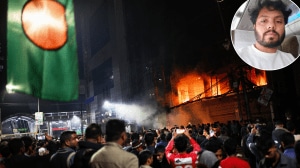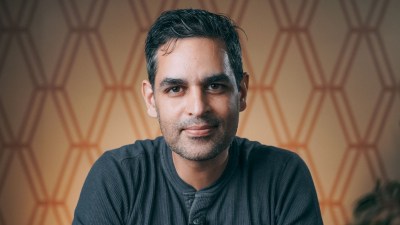A recent plea before the Supreme Court by a member of Gupta’s family had highlighted his solitary confinement as a “grave violation of his fundamental rights.” The plea, claiming Gupta’s arrest as a case of mistaken identity, urged the court to direct the Union government to intervene in his extradition proceedings in the Czech Republic based on a US request.

However, the top court rejected the plea last week, citing the sensitivity of the matter and emphasising that it is the “government’s responsibility to take action.”
The threat to Gupta’s life was disclosed in an email written by Rudolf Sedlacek, the head of the prison guard department of the Prison Service of the Czech Republic, to the municipal court in Prague. The email was sent in the last week of October 2023 when the municipal court was considering arguments regarding the US government’s request for Gupta’s extradition.
In the email, Sedlacek requests the court’s permission for Gupta to participate in a hearing scheduled for November 9, 2023, via video conference. He explained that the request was based on information from the Czech government that Gupta could face serious security risks.
This information, Sedlacek informed the municipal court, was conveyed to Czech authorities by the US government.
Citing these security concerns, Sedlacek emphasised the potential risks of moving Gupta out of prison for the court proceedings, as it would require additional resources to ensure his security in line with the perceived threat level.
Story continues below this ad
The municipal court in Prague had eventually ruled in favour of Gupta’s extradition to the US in November which Gupta has challenged in a higher court.
When contacted, Jirí Kawan, head of the external relations unit of the Prison Service of the Czech Republic, said that “security and tactical reasons” didn’t allow sharing of details on any specific inmate. In a written response, Kawan said: “The Prison Service of the Czech Republic assesses the risks in relation to each inmate and takes individual measures concerning the internal and external security of the inmates. At the same time, we also ascertain the psychological state of the prisoner, including, for example, the risk of suicidal behaviour, and consider the appropriate placement and scope of further care. Some of the adopted measures might be changing the place of pre-trial detention (escort to a different facility), changing the place of accommodation within the contemporary facility, shortening intervals of visual control, more frequent psychological interviews etc. In line with the above mentioned and also for security and tactical reasons, the Prison Service of the Czech Republic does not provide any further information in relation to the security measures taken for any particular individual.”
Gupta’s lawyer in Prague, Petr Slepicka, confirmed that the Pankrác prison had moved his client to solitary confinement after inputs were received on the threat to Gupta’s life.
“Yes, he is now in a cell all by himself. Two prison guards always accompany him whenever he moves outside his cell. Even when I have to meet him now, there is a glass wall separating him and me,” Slepicka said.
Story continues below this ad
Czech authorities had arrested Nikhil Gupta on June 30 last year at the request of the US government. US prosecutors have charged Gupta with attempting to hire a hitman to assassinate Khalistan separatist Gurpatwant Singh Pannun, a US citizen designated as a terrorist under the Unlawful Activities (Prevention) Act in India.
This alleged plot was said to be orchestrated by an Indian intelligence official, yet unnamed by the US government. Notably, the hitman Gupta attempted to hire was an undercover agent from the Drug Enforcement Administration of the US government. Gupta’s arrest unfolded upon his arrival at Václav Havel Airport in Prague, where he was allegedly scheduled to meet the undercover agent.









